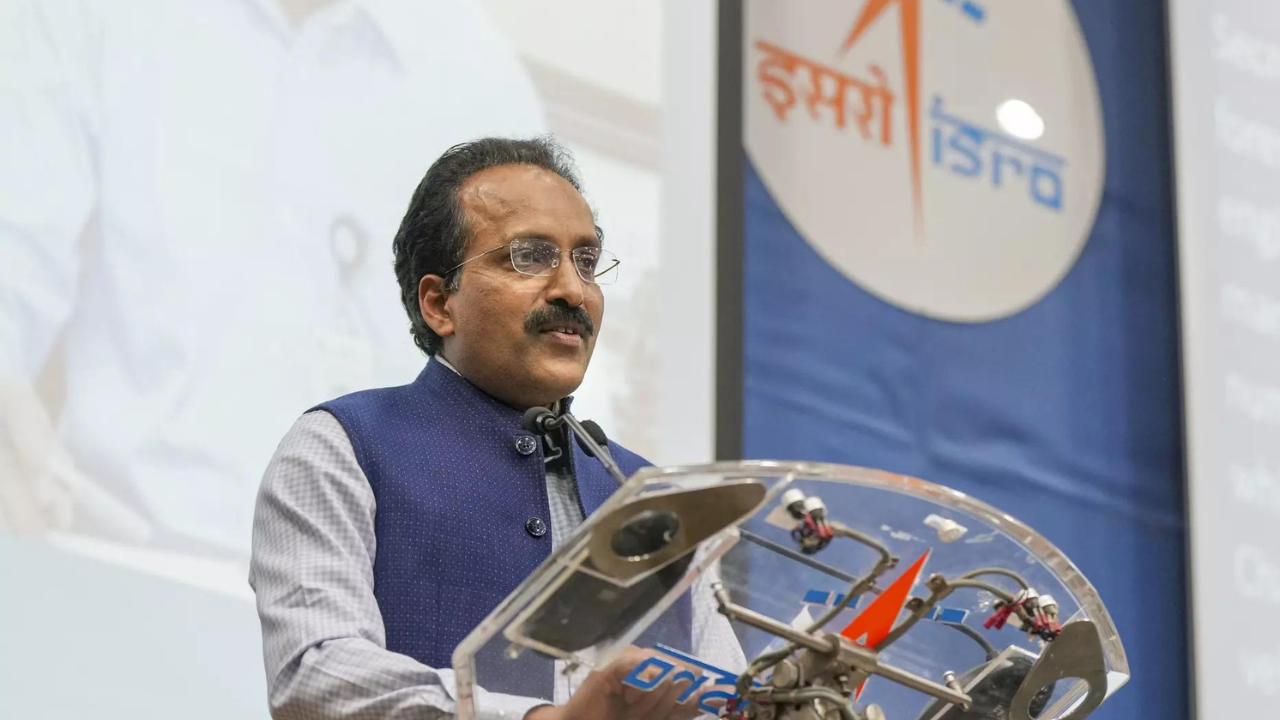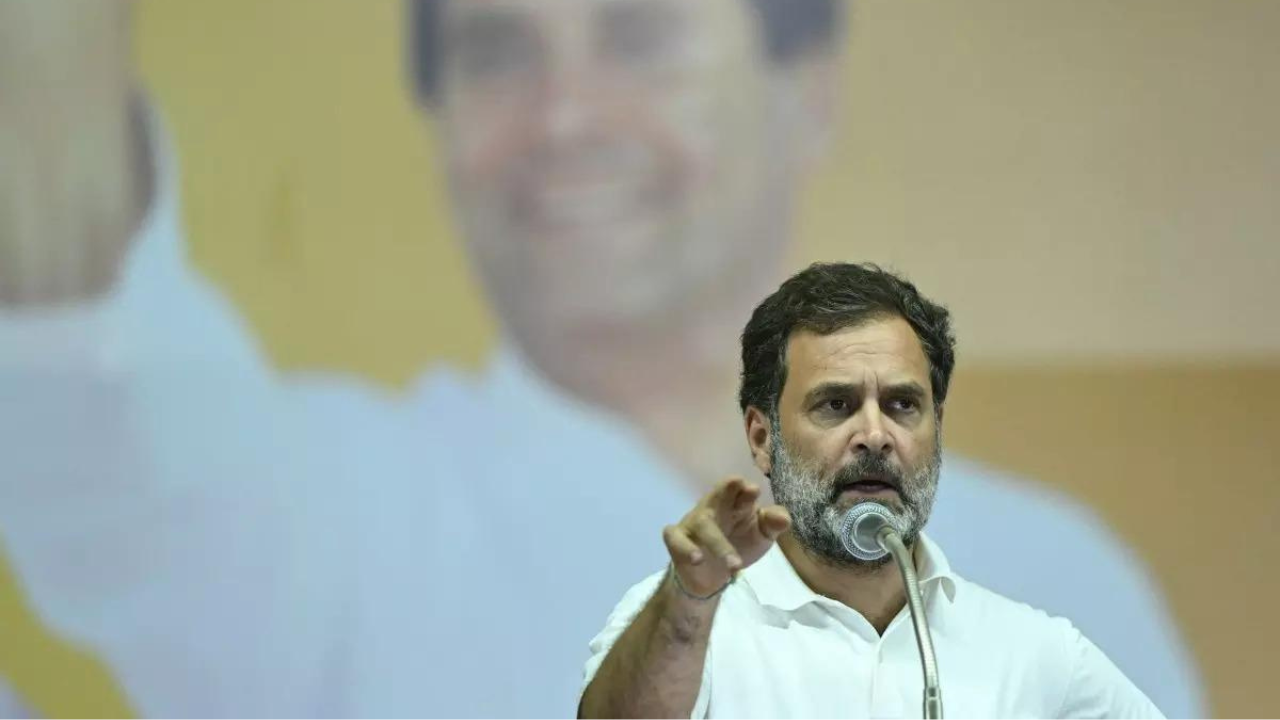Digital Economy

The second in-person meeting of the G20 Digital Economy Working Group (DEWG), organized by the Ministry of Electronics and Information Technology (MeitY) in Hyderabad from April 17th to 19th, 2023, highlighted several critical aspects and initiatives related to the digital economy. Here are the key takeaways from the meeting.
Important Points Highlighted
-
Increasing Scope and Significance of the Digital Economy:
- The digital economy is rapidly expanding, impacting all sectors of economic activity globally. It is no longer confined to specific sectors but is becoming pervasive throughout the economy.
- India's recognition of the digital economy's growing importance is underscored by its G20 presidency and the strategic discussions held to explore associated opportunities and challenges.
-
Transformation of Traditional Manufacturing:
- The integration of digital technologies is revolutionizing traditional manufacturing sectors, enhancing efficiency and innovation in manufacturing processes.
-
Three Crucial Aspects Discussed:
- Robust Digital Infrastructure: Emphasis on developing strong digital infrastructure to support the growing digital economy.
- Cybersecurity Measures: Importance of implementing robust cybersecurity protocols to safeguard digital systems and data.
- Skilled Workforce Development: Need to train and create a skilled workforce capable of advancing India's position in the digital economy.
Major Digital Initiatives of the Indian Government
-
BharatNet Project:
- Aiming to connect all Indian villages with high-speed broadband by 2023, thereby bridging the digital divide between urban and rural areas.
-
Startup India Program:
- Promoting entrepreneurship and fostering a supportive ecosystem for startups, contributing to innovation and economic growth.
-
Digital Saksharta Abhiyan (DISHA) Program:
- Launched in 2016 to achieve digital literacy for at least one member of every household in India.
-
E-Rupee and Conditional Transfers:
- Introduction of digital vouchers or e-rupee for conditional transfers to MSMEs and other business segments, anticipated to have a significant multiplier effect on the economy.
-
Financial Inclusion:
- Significant strides in financial inclusion, with about 85% of adults in India having access to formal banking services. Digital financial services enable better resource management and economic stability.
-
Make in India and Digital India Programs:
- These programs complement each other by promoting manufacturing of digital devices and adoption of digital services, respectively, fostering overall economic growth.
Significant Impacts of the Digital Economy
-
Demographic Advantage:
- Leveraging a large, English-proficient, and tech-savvy population to adopt digital systems like UPI and DBT, driving positive economic outcomes.
- Providing digital content in vernacular languages to enhance accessibility and inclusivity.
-
Service Sector Expansion:
- The digital economy offers opportunities to expand and liberalize the services sector, including medical and educational services, both domestically and globally.
- Cross-border service provision through digital platforms can reshape the global services market.
-
Job Creation and Productivity:
- Growth of the digital economy has resulted in job creation, increased productivity, and the emergence of new business models such as e-commerce and digital payments.
Challenges
-
Prioritizing Digital Public Infrastructure, Digital Skilling, and Cybersecurity:
- Establishing robust digital infrastructure, advancing digital skilling initiatives, and strengthening cybersecurity are crucial priorities.
-
Safety and Security of Digital Transactions:
- Ensuring the security of digital transactions, particularly in the financial sector, remains a challenge. Effective measures like OTP verification and transaction monitoring are essential.
-
Skilled Manpower Development:
- Addressing the need for a digitally skilled workforce to fully leverage digital infrastructure and economic opportunities.
-
Technological Backwardness:
- Bridging the digital divide, especially in rural areas, and addressing inequalities created by the digital economy.
Moving Ahead:
-
Strengthening Transaction Security:
- Implementing effective security measures such as OTPs and transaction monitoring to ensure safe digital transactions.
- Enhancing financial inclusion and security through initiatives like the JAM Trinity, making banking more accessible and convenient.
-
Enhancing Cybersecurity:
- Ensuring a secure digital environment by proactively addressing cybersecurity challenges and safeguarding consumer interests.
-
Digital Public Infrastructure and Digital Skilling:
- Viewing digital public infrastructure and digital skilling as interconnected priorities, ensuring that public infrastructure development is matched with the creation of a skilled workforce capable of utilizing these advancements.
By focusing on these aspects, India aims to harness the full potential of the digital economy, ensuring inclusive growth, innovation, and economic resilience.













